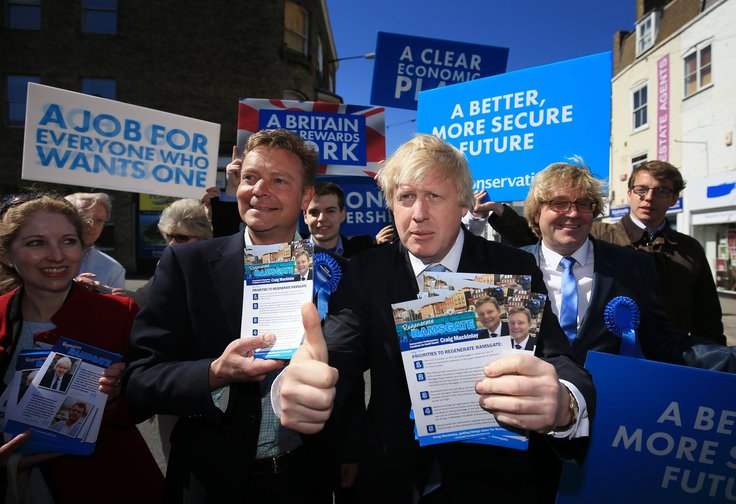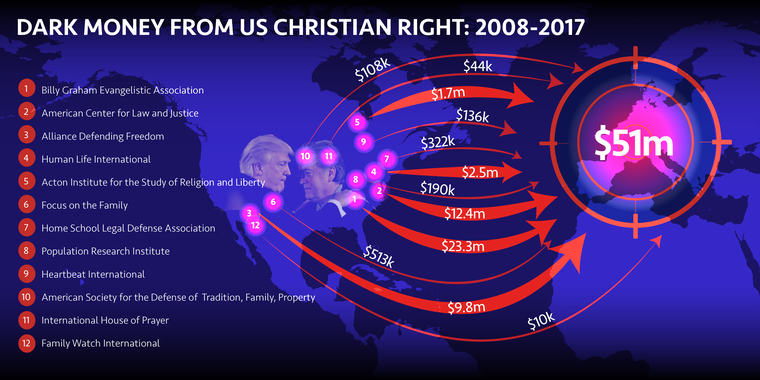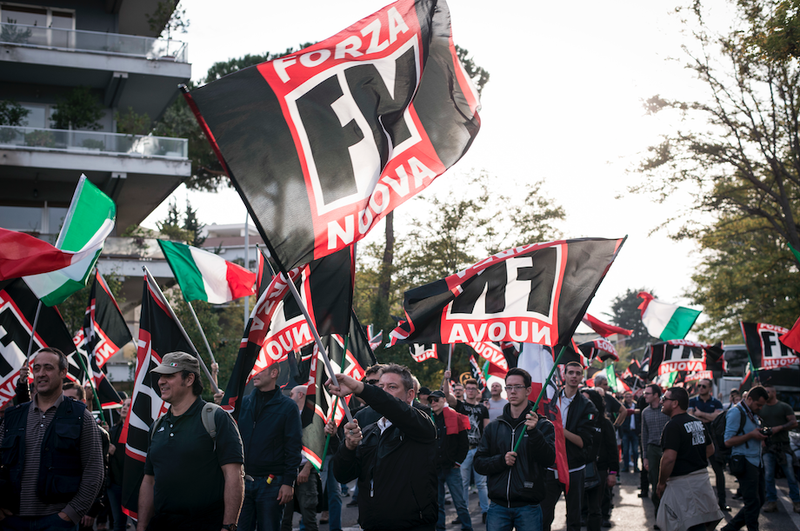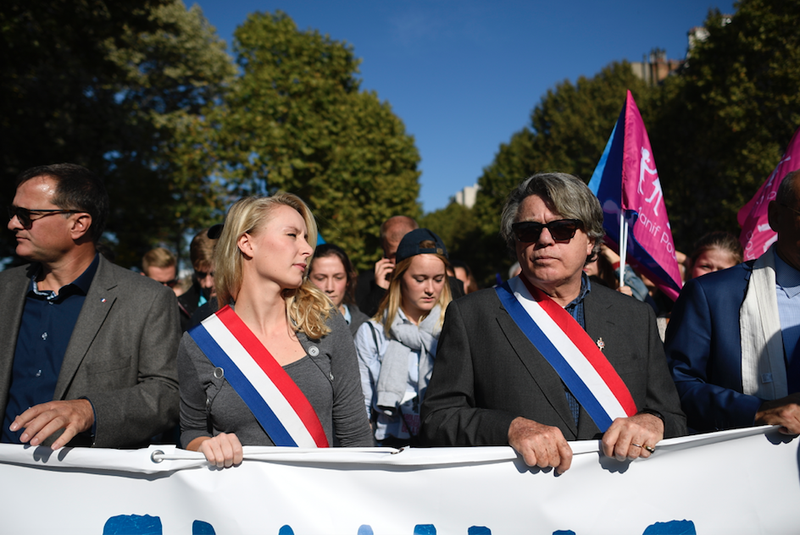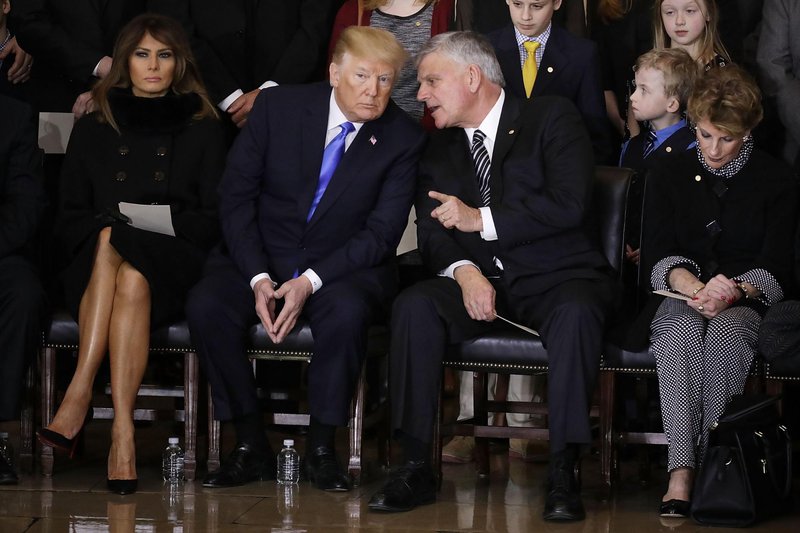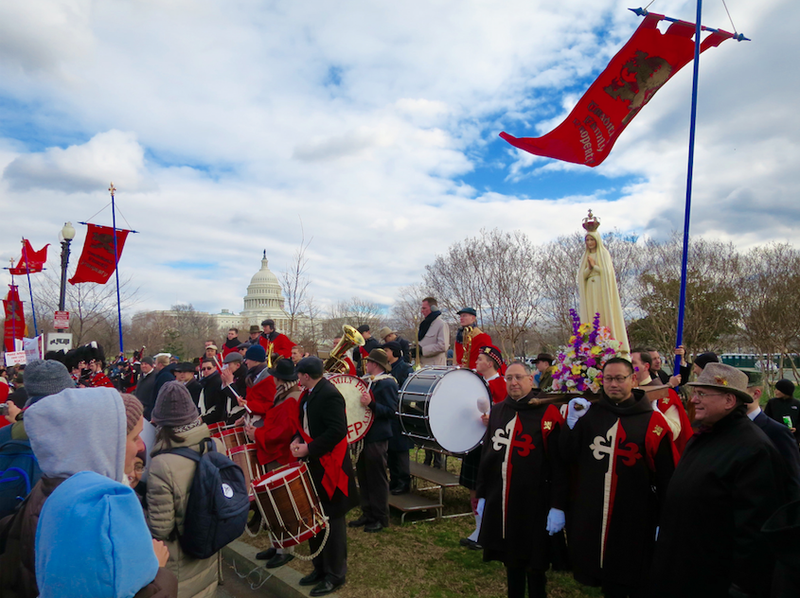The Guardian - Back to home
Theresa May was dealt the worst of hands and has played it spectacularly badly
She got the keys to Number 10 because Tory MPs thought her a safe bet. She’s been anything but
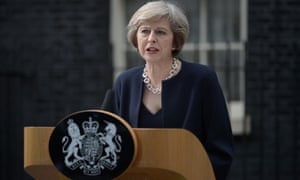
I
t nearly always ends in tears, whether they are shed publicly or just inside, but few premierships have drawn to a close with such wretchedness as that visited on Theresa May. She’s not quite out of the door yet and other Tories are already describing her as the worst prime minister in a hundred years. That is a savage verdict when the competition for this dismal accolade includes Neville Chamberlain, Ramsay MacDonald, Anthony Eden and David Cameron.
I think we can safely say she will not be remembered as one of the more strong and stable occupants of Number 10. Hilarious as it may seem today, she seized the keys in the summer of 2016 because colleagues thought her “a safe pair of hands”. She commended herself to Tory MPs – and was pretty popular with a lot of voters – as she seemed to promise a premiership of common sense and calm after the anarchic orgy of backstabbing unleashed by the Cameronian, Johnsonian and Goveite cliques. In that largely forgotten period when she appeared to be monarch of all she surveyed, and the cabinet was terrified of her, she was variously compared to Boudicca and Elizabeth I. To some of us, the early cult of Theresa was ridiculous even at the time. It is now so risible that thinking about it for too long risks permanent injury to your abdomen.
Now her cabinet plots her downfall. Her whips tell her to go – and to her face. She has lost the confidence of her European peer group. Her government has been held in contempt of parliament. She has set a new historical record for a parliamentary defeat. The country, some parts of which did have sympathy for the difficulties of her position, is signalling that it has had enough.
It became her self-defined mission to “make a success” of Brexit by delivering on the referendum result while mitigating damage to the economy and without splitting her party. She has failed in each one of those objectives. The original withdrawal date has been scrubbed. Business leaders are tearing out what remains of their hair about Brexit blight. The Tory party is so vividly divided that it could be heading for a terminal split. Even promising to sacrifice herself wasn’t enough to get her withdrawal agreement through parliament at the third time of asking. The “safe pair of hands” has piloted Britain into extremely dark waters.
I think we can identify her three most significant strategic errors. The first was to act at the start as if the only people who mattered were the 52% of voters who backed Brexit while treating the 48% as an irrelevance to be ignored or insulted. Where she might have endeavoured to bind together a fractured nation and forge an alliance of the sane Brexiters and the pragmatic Remainers, her language and approaches have further polarised the country and radicalised opinion on both sides. This was compounded by concentrating her energies on trying to please the unsatisfiable subset of Brexiters who wanted the most impossibilist versions of the enterprise. One of the more delicious spectacles of the past few days has been watching Jacob Rees-Mogg, Boris Johnson, Dominic Raab and others in their gang of ultras crack and switch behind a withdrawal agreement that they had previously decried as “vassalage”. They flipped because they finally twigged that their game was up and they did not have the numbers to inflict a no-deal outcome on Britain. They never did have the support for that. Mrs May could have worked that out much earlier and shaped her strategy accordingly.
The second major mistake was to call the hubristic snap general election in the spring of 2017, squander her majority with an atrocious campaign and then respond as if, to use one of her most notorious phrases, nothing had changed. A bolder and more agile leader would have reached out to the opposition benches to see if a consensus could be moulded. I grant you that this would not have been easy when Labour is led by Jeremy Corbyn, as tribalistic as Mrs May in his own fashion. She could still have made an effort to build bridges with the many reasonable people on the opposition benches, but she didn’t even try. She instead made the fatal choice to turn herself into a hostage of the Democratic Unionists and the Brextremists on the Tory benches.
Her third large misjudgment has been the conduct of the endgame. Once it was very apparent her withdrawal agreement was neither popular in parliament nor attractive to the country, she persisted with trying to bludgeon it through. When it became evident this simply was not going to work, she might have pivoted to another strategy. She could have looked at alternative versions of Brexit. She might have allowed MPs to explore other ways forward, as they are very belatedly doing now. She might have embraced the offer from the opposition benches to allow her deal through the Commons subject to it then being put to the people for the final say in a confirmatory referendum. Fixity of purpose can be a virtue in a leader, but the durable ones are successful because they also understand when it is necessary to flex.
The rigidity of her personality has been a key component of her failures. She is not the first prime minister to find it difficult to trust anyone, but she is such a secretive operator even those closest to her struggle to fathom her intentions and motives. She is not the first prime minister to be awkward, shy and introverted, but these are very serious disadvantages in a political age that demands a high level of communication skills from leaders.
No one accuses her of being lazy or trivial. After the essay-crisis, seat-of-the-pants style of the Cameron premiership, the Tory party thought it would do better with a serious swot. One of her few friends once told me that Mrs May approached Brexit as if the country had set her a piece of fiendishly difficult homework. The downside of this doggedness has been inflexibility. When Ken Clarke described her as “a bloody difficult woman”, she embraced the label as a compliment. During their days in government together, Nick Clegg used to call her a “one-eyed politician”, by which he meant that she did not have the imagination to find creative solutions to problems.
She also has a vengeful streak. Many colleagues have been rubbished by her briefers, directly scorned and disdained by the prime minister, sacked or threatened with the boot. They know this vicar’s daughter does not follow the biblical injunction to turn the other cheek. A powerful leader can get away with being punitive towards those who cross them. But when authority drains away, your victims come back to bite you. Her paucity of friends is not just down to her lack of gregariousness – it is also because her conduct towards colleagues has made a great many enemies across the Tory factions.
It is premature to award her the title of worst prime minister in 100 years. How history sees her will depend on what happens next and who follows her. It is not at all a given that any other prime minister would be better than Theresa May – there are candidates who could be much worse. Perspective will likely soften judgments of her tortured premiership. We should remember that Mrs May is not the first Tory prime minister to be incinerated in the crucible of the European Question. Three decades ago, it was a trigger for the downfall of Margaret Thatcher. The party’s long uncivil war made a misery of John Major’s time at Number 10. David Cameron self-immolated by recklessly promising the referendum that he then lost. These were all very different personalities to each other and to Mrs May. She didn’t have the largeness of character and the breadth of political skills necessary to handle the vast complexity of the Brexit challenge, but then it is arguable that such a person does not exist. Even a leader with the power to inspire of Churchill, the team-building talent of Lincoln and the capacity to heal of Mandela would have struggled.
The Tory party is now preparing to find a new chief for its cannibalistic tribe. It will be convenient for a lot of people, especially those planning to contest for the corroded crown, to cast all the blame for 33 months of unrelenting and still unresolved chaos on the woman who will soon be leaving Number 10. Convenient, but not altogether accurate. The problem with the Conservative party is not Mrs May. The problem with the Conservative party is the Conservative party. The problem with Brexit is not Mrs May. The problem with Brexit is Brexit.
• Andrew Rawnsley is Chief Political Commentator of the Observer
My Comments :
1. I do might have expected a few more names in the presented narrative about the Rise and Downfall of the premiership of Theresa May.
2. The name Leadsom comes to mind, and so does Timothy and Hill, the alleged Rasputinian couple, that had been brutally sacrificed after the disastrously bad outcome of the 2017 snap elections.
3. Another name to be considered might very well have been Gina Miller, who single-handedly had been dealing a fatal blow to the commonly carried illusion, that Brexit could be (easily) delivered by the UK Government only, rather than by UK Parliament.
4. The overambitious "hostile environment" May apparently had only one final career wish on her sleeves, and that has been becoming PM at all cost.
5. She however succeeded only to fulfil that ultimate wish, by heavily compromising on her original Remainer points of view.
6. After all, to avoid an enduring and time consuming leadership contest in 2016, she and Leadsom did agree on the Tory party supported proposition, that in exchange for the keys to No 10, May had to not only defend Brexit, but had to deliver Brexit as well on a silver plate to the Nation.
7. That construction of mutual convenience did present her with the infamous red-lines during the two years of negotiating (only) the terms of the withdrawal agreement with the EU.
8. So by insisting on her burning ambition to stay PM at all cost, in the end she did lose out to the diehard Leave campaigners Leadsom, Gove and Johnson, to just name a few Brexit canons.
9. What did not help May either was the fact, that the unexpected judicial success of Gina Miller, did change the fundamentals of the Brexit dynamics at a blistering way, by obliging from that victorious decision, the final say of Parliament on the conditions of the UK leaving the EU bloc.
10. May also had to silence the critics that kept on mentioning, that May in her heart has always been a Remainer, by exercising a strict rule of dogmatically repeating the mantra, that "we have to fulfill the democratic will of the people".
11. Taking absence thereby of course from the notion, that a voters ignorance based (*), highly polarised and highly demagogic Remain versus Leave campaign never ever could have led to the valid conclusion, that this campaign had been a truly democratic exercise.
12. The other Brexit guidance that May did receive during the first leg of her PM ship (and most probably on an informal base until this very day) has been taken in from her old Home Office advisers Timothy and Hill, who allegedly had been introducing a (rather impopulair) culture of cabinet-bullying into No 10.
13. In the end she had to give in to the harsh reality of ruling with a deeply divided party within the parameters of a hung parliament, depending on the ultra-right religious militants of the DUP, mirrored in rigidness by the Looney Right of the ultra neo-nationalist and hyper-Xenophobe ERG, by acknowledging that she had not been blessed by a parliamentary majority for her WA.
14. Do remember, that May - in order to be able to cling on to her much desired Premiership - deliberately had been taking the risk of the UK crashing out of the EU with no Deal, a scenario, that has been haunting many on each side of the Channel from day one.
15. From that very same erratic logic she simply had to persist on a partisan approach during the last three years, because any move to a more bi-partisan approach would have set her on collision course with the Hard Border-liners from the DUP-ERG (**) sect.
16. A sect, that only does seem to care for steering towards a Hard Brexit, in the context of aggressively opting for the regressive ideology of a new Feudal UK, where the citizens do have to unconditionally obey their supposed Rulers from Heaven.
(*) Not to mention the relative X-factor of the professional electioneering by obscurantist NATO / CIA associated firms like Cambridge Analytica and AggregateIQ, that did covertly address the unconscious area of the electorate by brainwashing the Remain voters with the rejectionist voting concept, that might have (to a high degree that is) delivered Trump the Keys to the White House as well.
(**) The ERG seems to be leaning on right-extremist ideologues like Camus and Houllebecq.
NB. Apart from the ignorance-based aspect of the referendum - that already did remove any pretence of democracy on its own merit - one simply would have had written some decisive mechanism into the (ADVISORY) referendum rules such as a two third majority and / or an eighty percent voter turn-out.
Plus of course, a highly qualified awareness campaign, including well-explained, scientifically based future projection scenarios on all the possible relevant elements that had to be taken into account before the electorate could have made any responsible decision at all.

